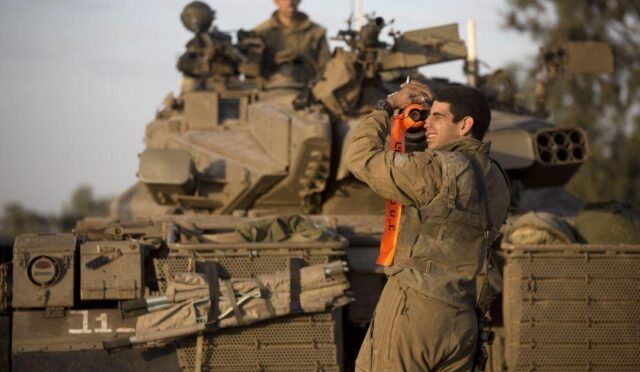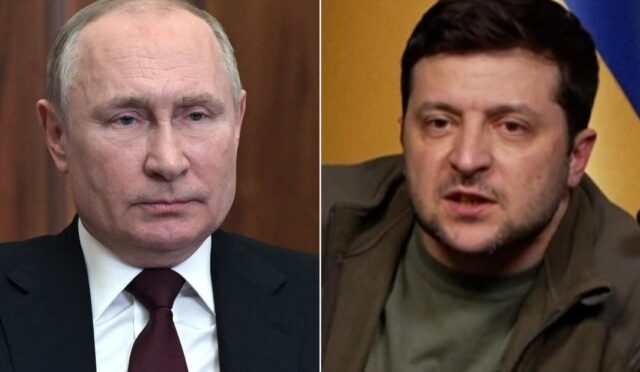EU Stockpiling Plan: Ensuring Essential Supplies During Crises
The European Union has unveiled a groundbreaking initiative aimed at stockpiling essential goods, including food, water, fuel, and medical supplies, to mitigate the impact of potential crises. This plan arises from increasing concerns regarding the possibility of increased aggression from Russia, especially as its ongoing conflict with Ukraine unfolds. NATO has issued warnings that Russia might target EU nations within the next five years, prompting the EU to strengthen its military capabilities and ensure readiness by the year 2030.
According to Hadja Lahbib, the EU’s crisis management commissioner, the primary objective of the stockpiling strategy is straightforward: to guarantee that crucial resources necessary for societal functioning, particularly those that are lifesaving, are consistently accessible. “The more we prepare, the less we panic,” Lahbib emphasized, highlighting the importance of proactive measures.
Strategic Coordination Across Member States
The new stockpiling strategy plans to create a more cohesive network among EU member states to efficiently manage and coordinate their supplies. This initiative focuses on identifying existing gaps in each country’s preparedness, with the goal of enhancing overall EU-level stockpiles. There is a notable disparity in how prepared EU citizens feel for various crises, influenced by regional threats and vulnerabilities.
For example, countries like Finland, which share a long border with Russia, have long recognized the need for robust preparation against potential conflicts. Lahbib commented on this variability, stating, “If you have a 1,000-kilometer border with Russia, you may feel threatened by a potential war. However, it is understandable that in regions like Spain, the primary concern may be the risks of wildfires rather than military conflict.”
Similarities in Crisis Impacts
Lahbib asserted that despite the differing nature of crises, whether from conflict or natural disasters, the resulting impact on citizens can be quite similar. For instance, disruptions such as energy blackouts can significantly affect people’s lives regardless of the crisis’s origins. She insisted that it is crucial to ensure stockpiles are allocated throughout the union to address these common challenges.
In a bid to enhance individual preparedness, in March, the EU recommended that every household prepare a survival kit with essential items like food, water, and flashlights to sustain themselves for at least three days in case of emergencies. This proactive approach underscores the EU’s commitment to safeguarding its citizens against unexpected disruptions.







